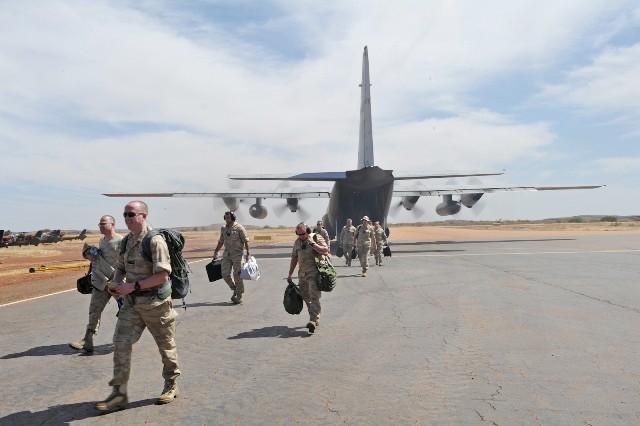Zagreb, the Yugoslav reunion
(B2 archives) In Zagreb with the European Union, the former Yugoslavs and Albania pledged to become good neighbours. A common Balkan market will be created. But Kosovo remained on the doorstep of the conference... just as it persists in remaining on the edge of peace.
The event is “historic”
Nearly ten years after the start of the Yugoslav wars, the various protagonists of the conflict met in Zagreb, the Croatian capital, around a common table with the fifteen member countries of the European Union. Personal initiative of Jacques Chirac, this summit planned since last spring was promised to be only a very ordinary meeting of international leaders and to confine itself to a pale message " to Serbs and democracy ».
A new wind in Belgrade
The election of Vladimir Kostunica in September at the head of Yugoslavia changed the situation and allowed the French presidency of the European Union to garner its first diplomatic success. The only one perhaps! For once, in fact, the meeting between Serbian, Macedonian, Croat and Bosnian enemy brothers was not intended to end a war but to decide their future. A challenge as commented by the young Serbian Foreign Minister, Goran Svilanovic. " It's easy to drag entire generations into war, it's harder to deal with what peace brings »
A perspective: membership
The Fifteen therefore wanted to outline for each country in the area a prospect — membership of the European Union — and a prerequisite — the signing of a stabilization and association agreement. But they put a price on it: the good neighborhood ».
The Balkans must therefore get used to peacefully settling their differences, protecting their minorities and solving the refugee question. In passing, the jurisdiction of the international criminal court was recalled. The States concerned (Albania, Bosnia and Herzegovina, Croatia, Serbia and Montenegro, Macedonia) have undertaken to create a common Balkan market based on three priorities: political, economic — a free trade area will be created — and police, in particular for to fight against the proliferating local mafias. The party seemed perfect.
Kosovo troublemaker of the summit
But Kosovo, whose political authorities had not been invited, occupied everyone's mind. The former Serbian province, currently under a United Nations mandate, has experienced a resurgence of violence for several days. It is " the major problem in Europe stressed Serbian President Vladimir Kostunica, " which could cause many other conflicts ».
On Wednesday, an attack targeted the headquarters of the Yugoslav representative in Kosovo in Pristina, its driver was killed. Thursday, it was the turn of the Democratic League of Kosovo to mourn one of its own, Xhemajl Mustafa, close to Rugova. At the administrative border of Kosovo, in the south-east of Serbia, three Serbian police officers died and five injured after a clash with men from the ex-UCK. Having remained at the gates of the conference, Kosovo does not seem ready to break the spiral of blood...

